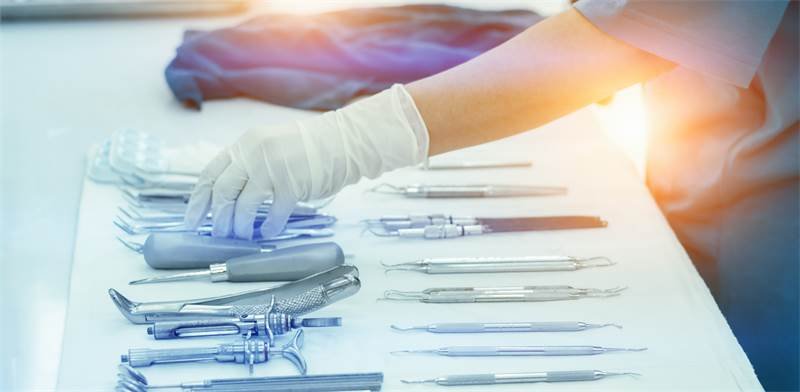Revised PPO to boost domestic medical device manufacturing in line with 'Make in India'
April 05, 2021 | Monday | News
This comes as a great relief to the 85 per cent import dependence forced upon India and an ever increasing import bill of over Rs 42000 crore
Source credit: Shutterstock
The revised notice issued by The Department of Pharmaceuticals (DoP) on the Public Procurement Order (PPO) on March 25, 2021, where they have incorporated 19 medical devices in the revised guidelines of the PPO will boost domestic medical device manufacturing by strengthening ‘Make in India’ and is estimated to reduce imports bill by approx Rs 4000 crore. This comes as a great relief to the 85 per cent import dependence forced upon India and an ever-increasing import bill of over Rs 42000 crore.
Rajiv Nath, Forum Coordinator, AiMeD said, “This is a real boost to Make in India. This single strategic action will help boost domestic manufacturing imports bill reduction by nearly 10 per cent so approximately Rs 4000 Crore impact is foreseen.”
While MNCs/overseas global investors are very welcome to Make in India, the reality is that very few have made efforts to put up greenfield projects in the last 10 years and the ones that have done so and other Indian entrepreneurs who have bravely invested and competed with imports in an ecosystem that’s favoured imports and made India over 85 per cent imports dependent need to be applauded.
The day has arrived to remove the digressive policies of encouraging and relying heavily on imports to meet India's needs for medical devices,” stated Mala Vazirani, Executive Director, Transasia and Jt Coordinator AiMeD, Legal Affairs.
“Covid-19 has shown the spirit of Indian entrepreneurs to Make in India rather than import into India. When imports got disrupted, specific devices detailed with quantified production shortages and a focused Inter-Ministry Group coordinating with domestic manufacturers via AiMeD had addressed production bottlenecks and challenges so that not only capacity got utilised but also ramped up rapidly. This spirit needs to be fanned not doused by seeking roll back of these initiatives” stated Rajiv Chibber, Vice President, SMT and Jt Coordinator Govt Affairs, AiMeD.
Such supporting policies are needed and need to be expanded to other medical devices so that Indian Medical Devices Industry can make quality healthcare accessible and affordable for the common masses,” concluded Nath.









